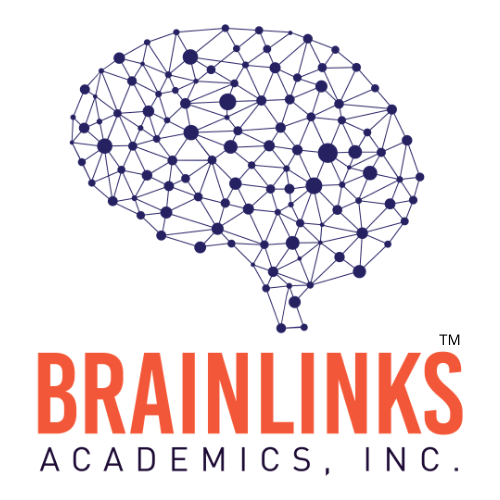Illuminating Literacy: The Eight Pillars of Science-Based Reading
Welcome to the Brainlinks Academics blog, where our mission to champion literacy takes on vibrant dimensions through informed, research-backed methodologies. Today, we delve into a cornerstone of effective reading instruction that is shaping the future of how children learn to read: the science of reading.
Thanks to decades of research in mulitple fields, such as Cognitive Psychology, Communication Sciences, Developmental Psychology, Education, Special Education, Implementation Science, Linguistics, Neuroscience, and School Psychology, we now understand that effective reading instruction isn't just an art; it's a science. Amplify Education has distilled this vast body of research into eight guiding principles that serve as a beacon for educators, parents, and policymakers alike. Here's a closer look at these principles and what they mean for our community at Brainlinks Academics, Inc.
1. Equity in Reading Instruction
The journey to literacy is a right, not a privilege. Science-based reading instruction bridges gaps, ensuring every child, regardless of background, has access to the tools they need to become proficient readers.
2. The Dual Engines: Word Recognition and Language Comprehension
Literacy thrives on two fundamental processes: decoding words and understanding their meanings. Effective reading programs must nurture both, paving the way for fluent, comprehensive reading experiences.
3. Tailored Instruction for Linguistic Uniqueness
Each language has its quirks and features. Reading instruction must adapt to these linguistic nuances, offering students a custom-fit pathway to literacy in any language.
4. Systematic and Explicit Teaching
Reading doesn't come naturally; it's a skill that must be explicitly taught. Through systematic instruction, we can unlock the code of reading for every child, making the process of learning to read as efficient as it is effective.
5. The Pillars of Comprehension: Background Knowledge and Vocabulary
Decoding is just the beginning. True comprehension requires a rich tapestry of vocabulary and a deep well of background knowledge. These elements are equally critical to understanding and enjoying texts.
6. Engaging and Multisensory Foundational Skills Instruction
Foundational reading skills should be taught in ways that captivate and engage, utilizing a variety of modes and senses to cater to the diverse learning styles of students.
7. The Power of Screening and Progress Monitoring
Early detection and ongoing assessment ensure that instruction meets the needs of every learner. By identifying areas of need early on, we can tailor interventions and celebrate progress, keeping students on a positive trajectory.
8. Preventing Intervention Through Proactive Instruction
A strong start in reading reduces the need for later intervention. Science-based instruction equips children with the confidence and capability to progress as readers, setting them on a path to lifelong learning.
At Brainlinks Academics, Inc., these eight principles guide our approach to reading instruction. By embracing the science of reading, we're not just teaching children to decode texts; we're unlocking worlds of possibility, one reader at a time.
Join us as we continue to explore, apply, and celebrate the science of reading in our programs and initiatives. Together, we're laying the groundwork for a future where every child is empowered with literacy, ready to explore the vast horizons of knowledge and imagination.

